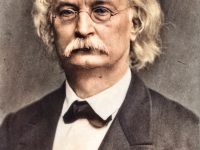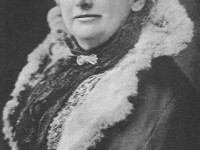Auguste Mariette and the Discovery of the Serapeum
On January 19, 1881, French scholar, archaeologist and Egyptologist François Auguste Ferdinand Mariette passed away. Mariette conducted major excavations throughout Egypt, revealing much about the earlier periods of Egyptian history. Sent by the Louvre, in 1850, to purchase papyruses, at Saqqara he discovered the Serapeum, the burial place of the Apis bulls, living manifestations of the god Ptah. “The Egyptian duck is a dangerous animal: one snap of its beak and you are infected…
Read more





